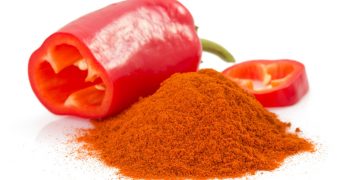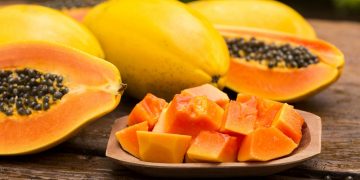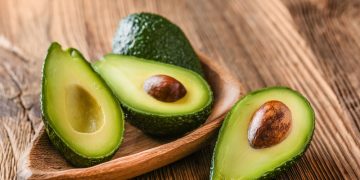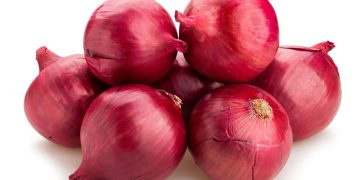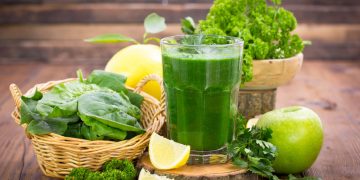A recent shock health report caused many to recoil in horror. Taking vitamins could reduce your life expectancy was what the headlines claimed. A terrifying concept for the one in three US residents who are supplementing their diet in the hope of boosting their health; their good intentions could be doing just the opposite. But is there any truth in it?
The facts
The study, conducted at the University of Glasgow’s Institute of Biodiversity, Animal Health, and Comparative Medicine, conducted that very high doses of Vitamin-E and C reduced the lifespans of voles by as much as 25 percent. The mammals were fed the quantities for two months and compared with others given a regular diet.
Despite researchers admitting they didn’t look into what the voles died from, we were soon hit with the shock headlines that taking vitamins could slash our lifespans by a quarter. So what’s actually going on? This is an acutely flawed study and sadly it argues a reductionist case. It bundles all supplements together without understanding the vast difference between the variety of forms available on the market. However, the study does re-iterate growing concern among health professionals over avoiding over-supplementation and the forms of nutrients used in products.
Food-state vitamins
The majority of the food supplement industry uses synthetic isolated forms of nutrients. These types are not well tolerated or recognized by the body and therefore can be more toxic than those nutrients naturally found in food or in food-state supplements. Often the synthetic vitamins use mega dosing, like what was used in this research, and this too raises concern over toxicity and damage to DNA within cells.
Food state supplements and the food itself only contain the nutrient in its natural structure with all its natural teammates such as fiber, glycoproteins, bioflavonoids and beta glucans, which increase the body’s use of the nutrient, and therefore significantly smaller doses are needed.
So should I supplement?
The answer is a resounding yes. With intensive farming and depleted soils, it’s never been more important to make sure you are meeting your nutritional needs. Sadly we cannot avoid the need for supplements. Survey after survey is showing us that the nutrient content in our food is rapidly declining has been for many years. Over a decade ago, the Department of Environment, Food and Rural Affairs said the level of trace minerals in the UK in fruit and vegetables had fallen by 76 percent. Our soil is now between 55 and 85 percent less nutrient-rich than it was 60 years ago, which means the vital vitamins and minerals in our fresh fruit and vegetables have disappeared and even healthier organic food can be up to 10 times less nutritious than it was. This is also thought to be affecting the health of our cattle and grazing livestock, which we eat too. So despite the contradictory advice on supplementation we see almost daily in the papers, the advice from the experts is simple: nutrients from natural supplements are great for boosting health and vitality, and a balanced diet is a key to being at your optimum.
Supplements to Watch for
Vitamin A: Too much vitamin A can cause liver problems and birth defects. The recommended daily dose is 700 micrograms for women and 900 for men. If you are worried about not having enough though, you can get it indirectly, in the form of beta-carotene found in orange fruit and vegetables, as the body converts it to vitamin A as and when it needs it.
Iron: Too little and you will suffer anemia, too much and toxicity can occur, especially in children; as little as five or six high-potency tablets can cause liver failure in young bodies. In adults, toxicity symptoms include nausea, constipation, diarrhea, and vomiting. The recommended dose is 18mg for menstruating women and 8mg for other adults.
Vitamin B6: More than 200mg a day of this nutrient can produce symptoms like pins and needles in your arms and legs. This is actually reversible once you stop taking the supplement but in a few known cases, irreversible damage has occurred. The recommended dose is between 1.2 and 1.5mg for adults.



